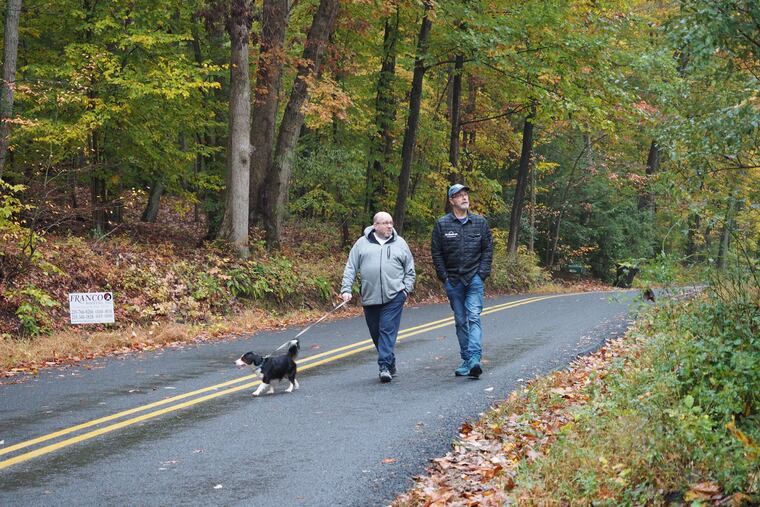I have early onset Alzheimer’s disease. Here’s what I’m grateful for.
Even at the earliest stages of the disease, minor annoyances – taking the wrong train, a wrong turn, or scanning a large menu in a noisy restaurant – can morph into a mini-crisis.

I’ve never been good with directions or a map. But my inability to tell left from right has become much worse since my diagnosis with early onset Alzheimer’s disease almost seven years ago, when I was 54 years old. These days, if my brain tells me to go right, I should know that I need to go left. (Not that I ever listen.)
It was no surprise, therefore, that I recently found myself lost while driving home one night. I had stayed late at a family gathering. I made a wrong turn and found myself in an unknown area. I tried not to panic, just slowed down and tried to follow the rerouted GPS.
But soon my phone rang. It was my husband, Tim. He was clearly upset. He’d checked in on my progress on our Life360 app, which allows him to see where I am in situations just like this, and saw that I was off track. He stayed on the phone with me and guided me back home.
I tell this story because it proves how critical it is for someone like myself, living in the earlier stages of a cognitive illness, to have the support of a care partner. Even at the earliest stages of the disease, minor annoyances — taking the wrong train, a wrong turn, or scanning a large menu in a noisy restaurant — can morph into a mini-crisis. And Tim is, once again, there to guide me.
Episodes such as that are only part of the challenge. There are also the daily challenges, such as when I ask Tim the same question over and over. We’ll drive by a restaurant and I’ll ask, yet again, “Have we ever eaten there before?” The everyday trivia of life — appointments, tennis games, dinner with friends — just don’t stay with me, leading to repeated questions. And if the roles were reversed, I know I would find it annoying day after day.
Sometimes, if I’m annoyed with myself, or with Tim, I’ll “joke” and tell him: “Just wait until my disease progresses, and I’m asking the same question over and over again … in a matter of minutes.” But the reality of it is, that’s a likely future for us.
» READ MORE: I have Alzheimer’s. Here’s what happened when I traveled on SEPTA.
Much has been said (and written) about the burden unpaid caregivers must bear in our society, which the Alzheimer’s Association reports includes more than 11 million Americans. But it cannot be said enough.
Oftentimes, families struggle with the loss of one salary as the person with the disease leaves the workforce. Typically, care must be stepped up, and at the same time, a caregiver has to take on another job to help cover expenses. That’s on top of the added stresses of managing the home, where a cognitively impaired spouse or partner may not be able to continue helping as in the past. What happens when a 50-50 partnership crumbles into something that ultimately ends up being 100-0?
I struggle with trying to find ways to help my husband, but I’m limited. I drive short distances, and even then, increasingly I find myself uncomfortable behind the wheel. I try to remember to do household chores, but it is all too easy for me to get lost in thoughts or the internet, and the promises I made to myself somehow slip away.
» READ MORE: FDA’s approval of Biogen’s Alzheimer’s drug offers patients, families rare glimmer of hope | Patient Perspective
I’ve urged Tim to join a support group where he can draw solace and support from others like him. The challenge for us, however, is that many support groups are geared toward care partners of people living in the later stages of the disease. And hearing those tragically nightmarish stories is not something I would recommend to people coping with the earlier stages of cognitive disease.
For now, as Tim picks up the slack in our day-to-day lives, I try to need or demand as little as possible. Yes, I can get lonely (and feel guilty for feeling lonely), but I know there’s a time coming when I won’t be able to filter my needs. I hope when that time comes, Tim can find the support that he — and so many millions of other caregivers — will need as Alzheimer’s and other cognitive diseases steal our self-determination and ability to care for ourselves.
Phil Gutis is a board member of the Alzheimer’s Association Delaware Valley Chapter.